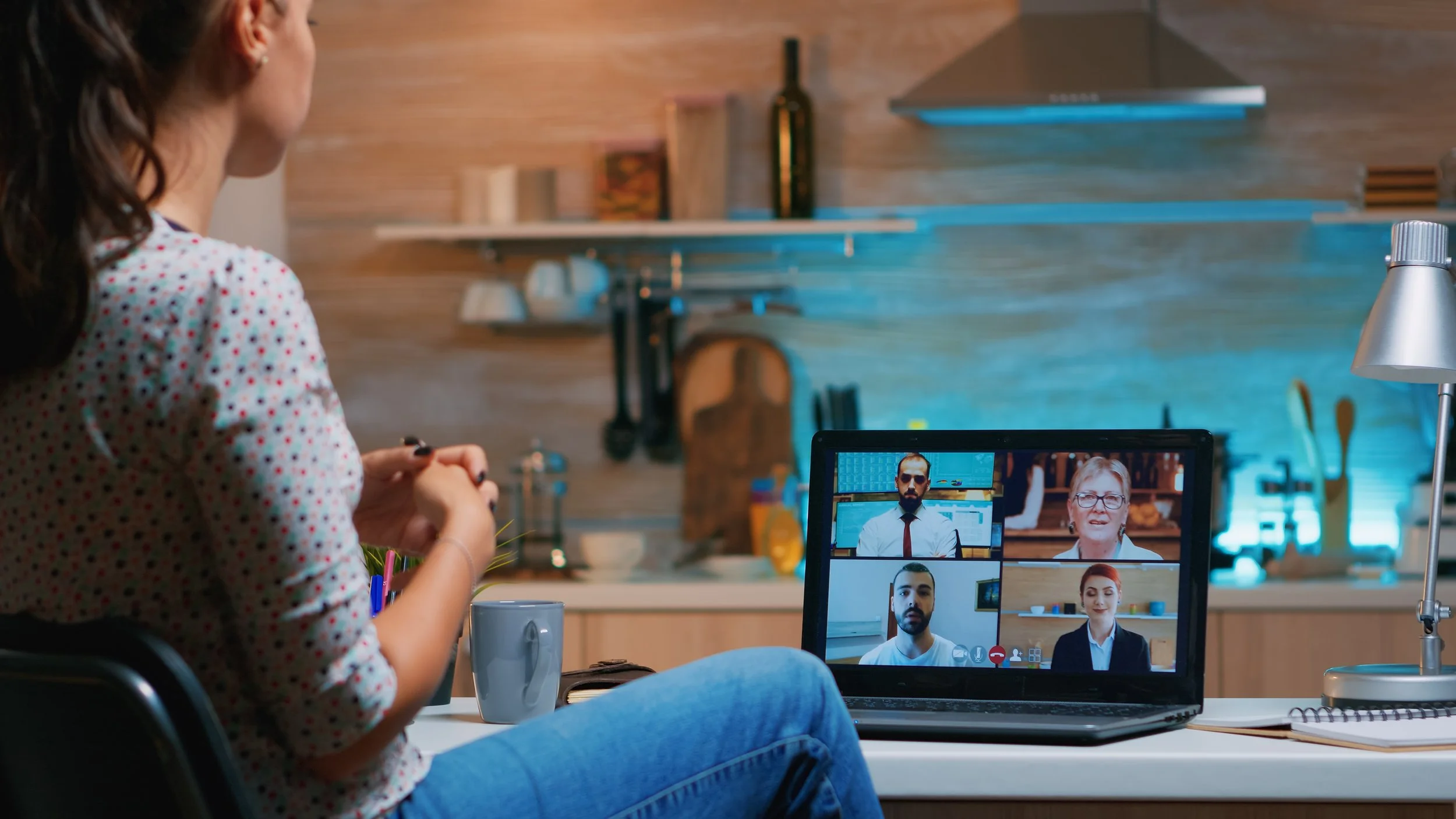Providing a Medical Home
To truly understand the intricacies of a rare disease, it takes a rare type of doctor. Get to know the specialists who are at the forefront of rare disease research with our series, Changemakers in Rare. By creating a multidisciplinary clinic for chromosome 15 and related disorders, Dr. Jessica Duis offers patients and families a safe place to land.
Jessica Duis, MD, Pediatric Geneticist
By Gina DeMillo Wagner
Jessica Duis, MD is more than a pediatric geneticist. She’s a partner and friend to children and adults who have Angelman, dup15q, and other related syndromes. Throughout her career, she has noticed a need for patients and their families to find community and support within the walls of the hospitals and clinics where they spend so much time. This, along with a personal connection to someone living with a rare genetic syndrome, led her to open a multidisciplinary clinic: The Chromosome 15 and Related Disorders clinic at Children’s Hospital Colorado. The goal? Provide a medical home base for patients and families where they can get all their needs met in one location.
Dr. Duis and her team
Dr. Duis and her team tailor care to each patient. “Families and patients see eight specialists together during one visit,” Dr. Duis notes. The specialists develop individualized treatment plans, and they support patients for as long as they may need, even into adulthood. Over the years, Dr. Duis has developed standards of care that are being replicated at other clinics nationwide. For example, it is important to offer access to specialists after hours, she says. “Patients don’t just have crises during business hours. Rather than talking with a scheduler or answering service, we wanted to give families access to real help when they need it most.”
“We work on understanding the sibling experience through surveys and sharing stories”
But her care doesn’t stop with patients. Since so many families come into the clinic together, Dr. Duis wanted to offer ways to support parents and siblings, who have their own joys and challenges around living with rare diseases. She especially wanted to bring attention to siblings, who can sometimes get lost in the medical shuffle. “We work on understanding the sibling experience through surveys and sharing stories,” Dr. Duis says. She notes that while there are so many positive aspects of growing up alongside someone with a rare disease, there are challenges, feelings of guilt, and grief too. In an effort to raise awareness about these nuances and offer support, she co-authored books specifically for Angelman siblings called “Getting to Know You: Sibling Stories” and “Genetic Gems”, which are encouraging and validating for siblings of all ages and backgrounds, along with their families.
We sat down with Dr. Duis recently and asked her to share her advice and insights with us. Here’s what she had to say:
Advice to Families who live with Rare Disease
Create space for everyone to share their experiences, Dr. Duis advises. It’s important for each family member to feel seen and heard and to receive attention. Along the same lines, she recommends connecting with other families, rare disease communities, or support groups that understand all the complicated layers of the rare disease experience.
For families that are new to the rare disease world, she suggests contacting your local children’s hospital, and parent advocacy groups, and asking about resources such as a pediatric geneticist, emerging treatments, and multidisciplinary care. Don’t be afraid to use your voice to speak up, advocate for genetic testing, and pursue new therapies and treatments.
Reasons to Hope for Rare Disease Families
“I want to tell families that there is a lot of hope,” Dr. Duis says. This is an exciting time with precision therapies, clinical trials, and new treatments being developed. There are more than 20 companies in this space working on chromosome 15 treatments, she estimates. And breakthroughs are happening every year.
Advancements are also happening in newborn screening and early childhood diagnosis and treatments. But Dr. Duis says many new treatments help older patients as well. Don’t assume it’s too late to ask for testing and find customized care, she says.
Finally, she says that some of the technology developed during COVID (such as telehealth visits and video assessments) have allowed specialists to expand their reach. Patients can now more easily meet virtually with care teams long distance. And, families can more easily connect with one another through virtual support groups for parents and siblings.
Advice to Communities
Dr. Duis offers advice to the communities of those living with rare diseases: “One of the most important things that schools, healthcare providers, coaches, and other adults can do is to recognize the potential of these kids and how smart and amazing they are. We need to do a better job of helping these kids find their voice,” she says. Think outside the box, she advises, and you’ll be amazed at what you see.
To learn more:
To learn more about Children’s Hospital Colorado’s Chromosome 15 Clinic, click here.
Find Dr. Duis’s children’s books for patients and siblings here.
Search for the latest clinical trials for your child’s condition at clinicaltrials.gov
If you know of a particular research organization, healthcare company, or pharmaceutical company working on treatments for your disorder, you can sometimes contact them directly to see if you qualify. Many have telephone hotlines set up specifically for patients and families.
































